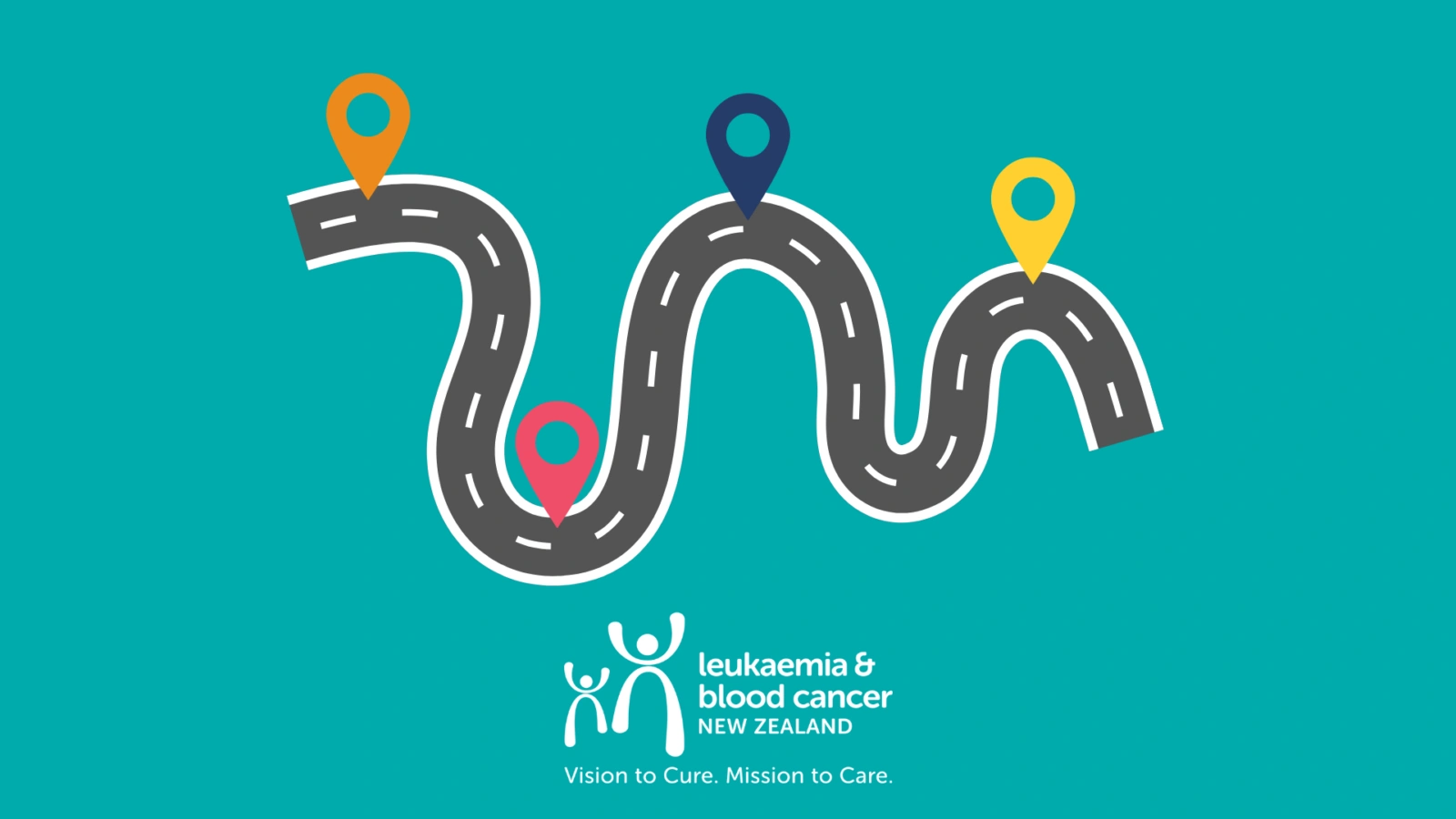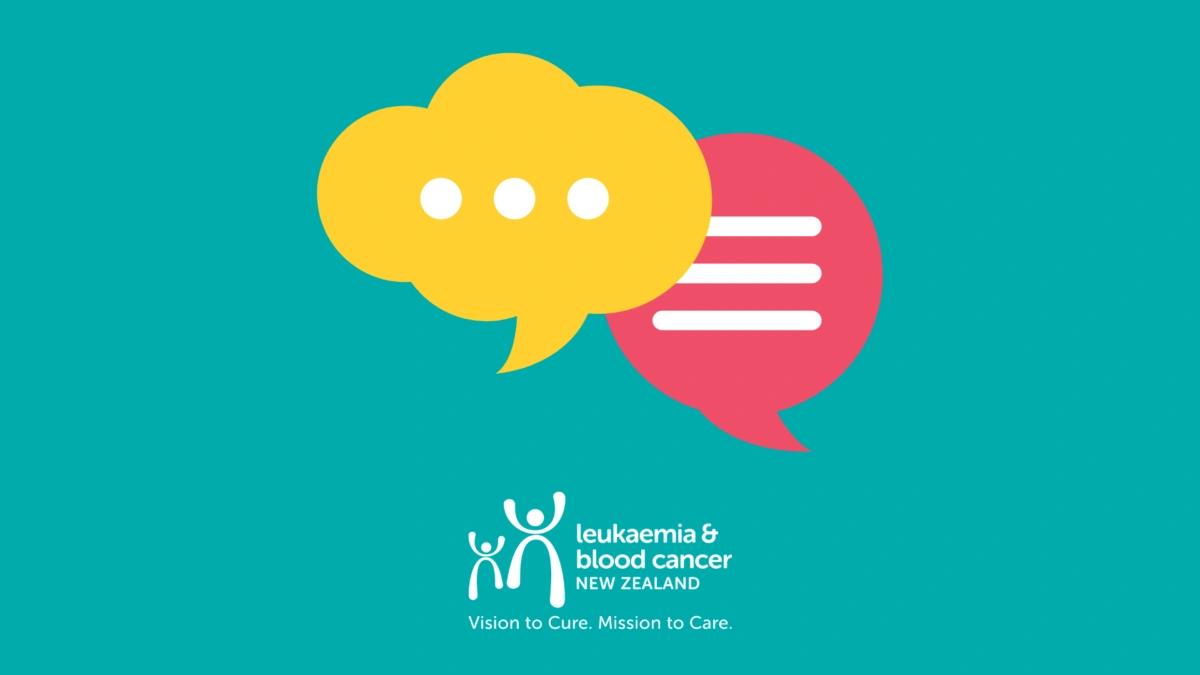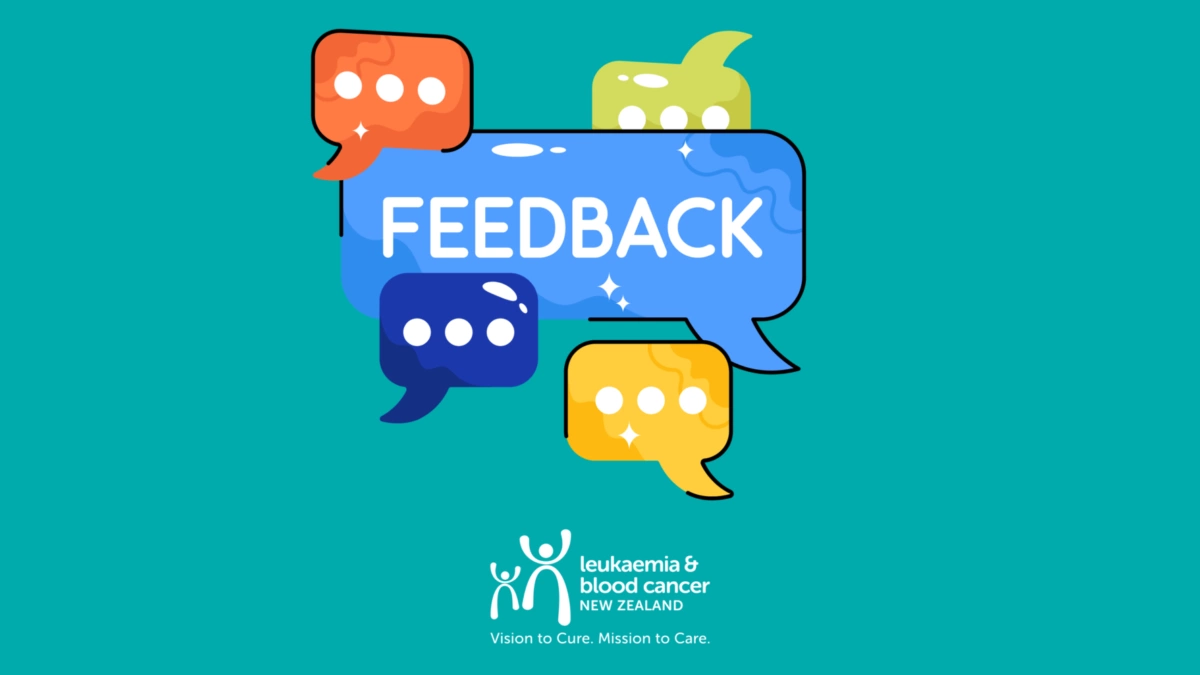At Leukaemia & Blood Cancer New Zealand (LBC), one of our top priorities is ensuring that every person affected by blood cancer receives the best possible care and support. To make this possible, the first step is to gain a clear understanding of where things stand in Aotearoa – how many people are affected by blood cancer, how the health system is performing, and what outcomes patients are experiencing.
Currently, health system decision-makers don’t have access to this type of data. Without this, the health system cannot plan effectively, invest wisely in new treatments, or ensure equitable care for all those living with blood cancer.
Blood cancer is the fourth most common cancer in New Zealand – but unlike many solid tumour cancers, it doesn’t benefit from screening or prevention programmes. Patients are often diagnosed late, need complex and prolonged treatment, and face lifelong impacts. These challenges make accurate data, system planning, and access to innovative treatments even more important.
We don’t have to look far to see what’s possible. Across the Tasman, Leukaemia Foundation Australia has produced its own State of the Nation report. Over there, this work has helped to make blood cancer a national health priority. It has guided policy and funding and has unlocked access to critical, life-extending treatments.
LBC is now embarking on the New Zealand equivalent of this work, in partnership with Deloitte and the University of Auckland. The goal is to fill a critical information gap and pave the way to achieving our aspiration of zero lives needlessly lost to blood cancer.
The University of Auckland team is carrying out a thorough analysis of blood cancer statistics in New Zealand. This research will provide, for the first time, accurate national measures of blood cancer incidence, prevalence, and survival rates. At the moment, government agencies responsible for health planning and funding decisions simply don’t have access to these important statistics.
As well as painting a picture of the current landscape, the report will look at international best practice. It will compare New Zealand’s performance and identify what’s getting in the way of Kiwis receiving optimal care. It will provide a roadmap for the future that focuses on improving outcomes, exploring opportunities for innovation, and highlighting emerging treatments and technologies. Finally, it will recommend practical steps for achieving change. These will be informed by conversations with patients, whānau, and healthcare providers.
Ultimately, this is about ensuring that every Kiwi diagnosed with blood cancer has the best possible chance of survival – with access to world-class treatment, equitable care, and outcomes on par with the best in the world.



